The U.S. Army Corps of Engineers is hosting three public scoping meetings for Enbridge’s Line 5 Pipeline Tunnel project Environmental Impact Statement (EIS) scoping process.
The EIS’s 60-day scoping process began August 15 with the Notice of Intent (NOI) publishing in the Federal Register.
Tribal Nations, agencies, communities, organizations, citizens and other stakeholders can provide input through October 14, 2022 via mail, through the project website or at the in-person or virtual public meetings as follows:
* Sept. 1, 2022, 5-8 p.m. Eastern Standard Time (Virtual): https://us06web.zoom.us/j/83590131384 or by phone 309-205-3325 using Webinar ID: 835 9013 1384
* Sept. 8, 2022, 3-8 p.m. Eastern Standard Time (In-Person) at the Little Bear Arena, 275 Marquette Street in Saint Ignace, Michigan 49781
* Oct. 6, 2022, 1-4 p.m. Eastern Standard Time (Virtual): https://us06web.zoom.us/j/82961743672 or by phone 309-205-3325 using Webinar ID: 829 6174 3672
Participation limits for the meetings are 1,000 per virtual meeting and approximately 500 for the in-person meeting. Meetings are first come and will be capped at capacity limits. RSVPs are not necessary. All comments, regardless of how they are submitted, verbal or written, by mail, email or during public meetings, are weighed equally.
A Public Scoping Meeting is specific to the National Environmental Policy Act (NEPA) process where the lead federal agency gathers comments of the proposed project. The meetings will begin with the Corps of Engineers providing a brief presentation to review the proposed project, the NEPA process and methods of providing scoping comments. Attendees will then have the opportunity to provide information regarding the EIS scope.
“Tribal, agency and public input is extremely important to help define the range of issues and potential alternatives the EIS should address,” said Detroit District Commander Lt. Col. Brett Boyle. “Comments should help identify areas for in-depth review, including historic properties, water quality, general environmental effects and other public interest factors. This is a great opportunity to have an impact in the Corps of Engineers scoping process for developing the Draft EIS.”
The Corps of Engineers will ensure all voices are heard in an open, transparent and public EIS process, according to Boyle.
In addition to allowing public (verbal) comments, the in-person meeting will also provide opportunity for attendees to provide comment in private to a stenographer, as well as have live computer stations to submit comments via the www.line5tunneleis.com website. Comment forms will also be available for individuals to submit written comments at the in-person meeting. Interested members of the public can provide comments anytime during the public scoping period (through October 14, 2022) via the project website or mail: Line 5 Tunnel EIS, 16501 Shady Grove Road, P.O. Box 10178, Gaithersburg, MD 20898.
For more information on developing effective scoping comments, submitting comments, or public meeting information, please visit: www.Line5TunnelEIS.com.
The Corps of Engineers previously conducted two public comment periods, May 15 – July 14, 2020, and November 6 – December 17, 2020, receiving more than 15,000 public comments and Tribal input on the proposed project during those periods. The EIS process requires additional public comment periods.
Corps of Engineers officials will consider comments received during all public comment periods in the EIS preparation pursuant to National Environmental Policy Act. Comments are also used to determine whether the activity is contrary to the overall public interest. The EIS will in turn help determine whether the Corps of Engineers issues, issues with conditions or denies the permit request.
For the Line 5 tunnel project, Enbridge Energy is proposing to construct a tunnel under the bed of the Straits of Mackinac between Point LaBarbe, St. Ignace and McGulpin Point, Mackinaw City, Michigan. The tunnel would house a new 30-inch pipeline for light crude oil and liquid natural gas, replacing the existing dual submerged pipelines crossing the Straits of Mackinac, which have been in operation since 1953.
The application is being evaluated under Section 10 of the Rivers and Harbors Act of 1899 and Section 404 of the Clean Water Act in accordance with federal regulations and policies. Corps of Engineers authority is limited to the proposed crossing of the Straits of Mackinac and adjacent wetlands.
The Detroit District provides vital public engineering services in peace and war to secure our Nation, protect the environment, energize our economy and reduce risks from natural disasters.


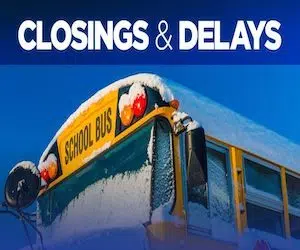



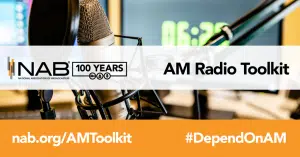




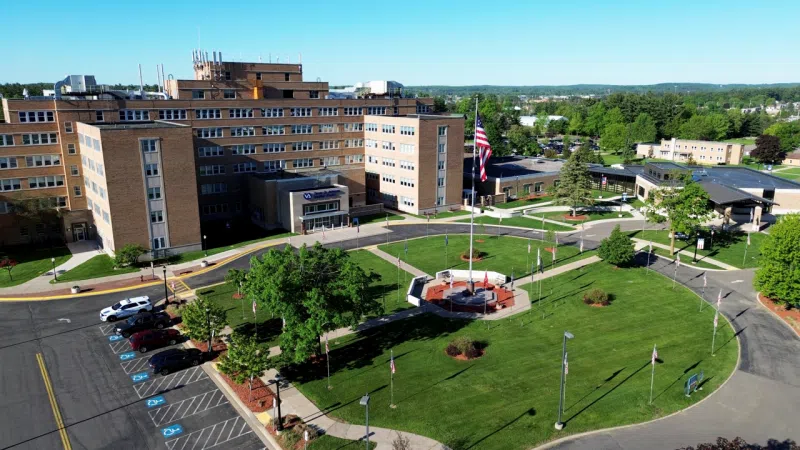
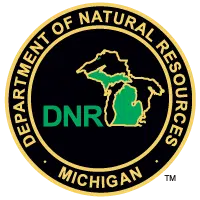
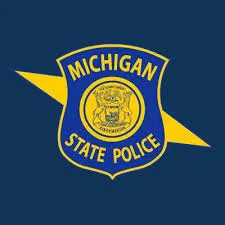
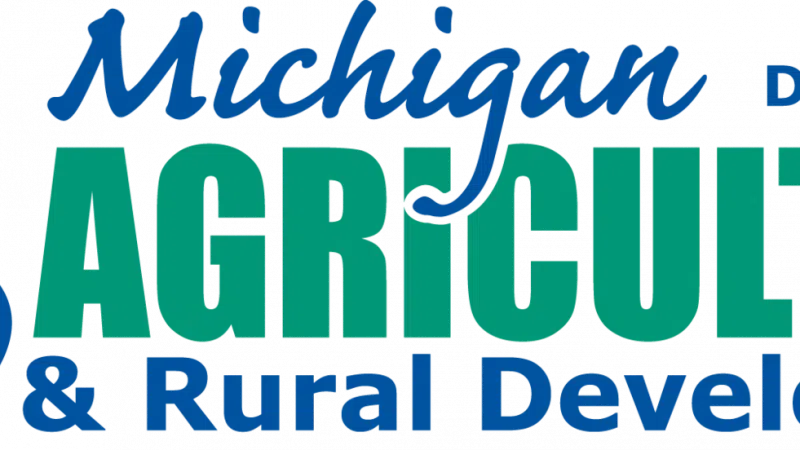
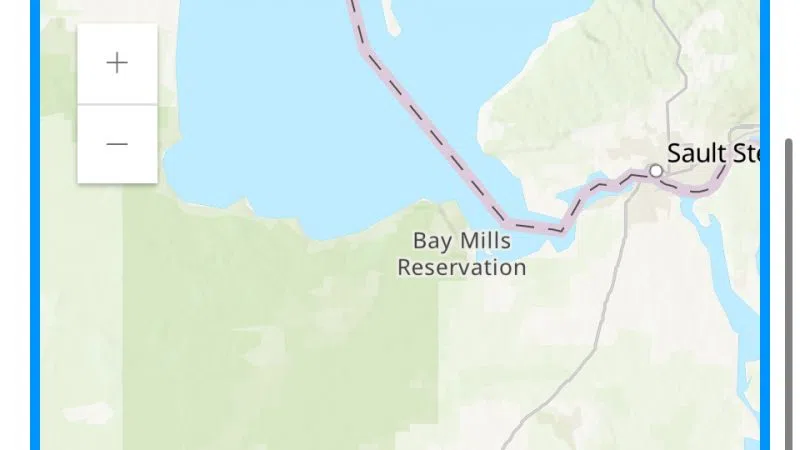
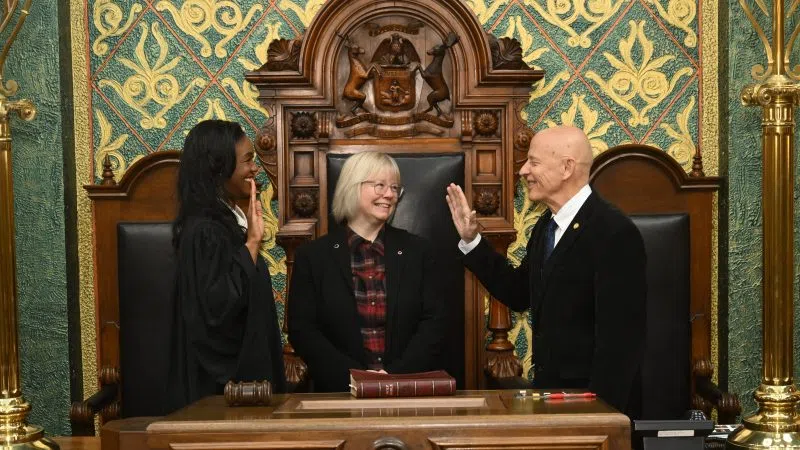
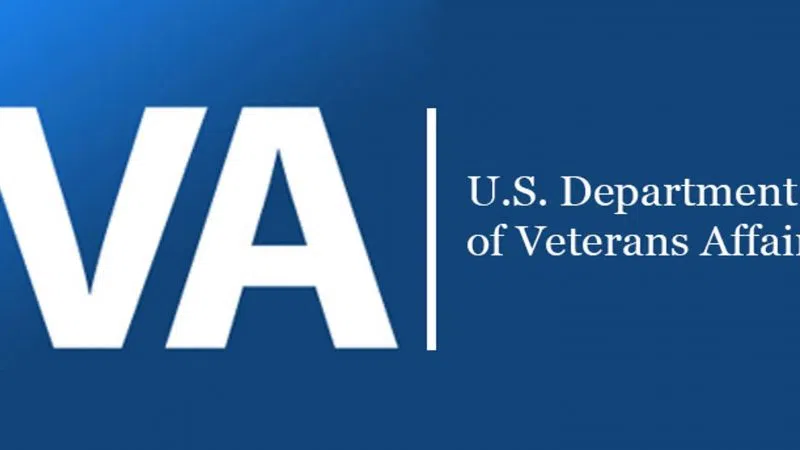
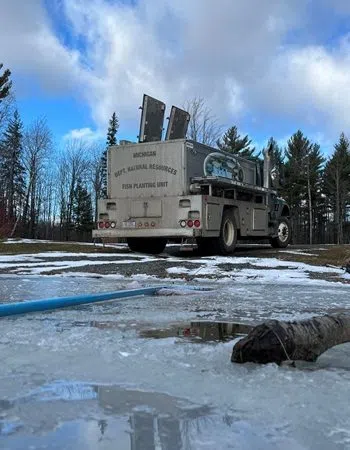



Comments